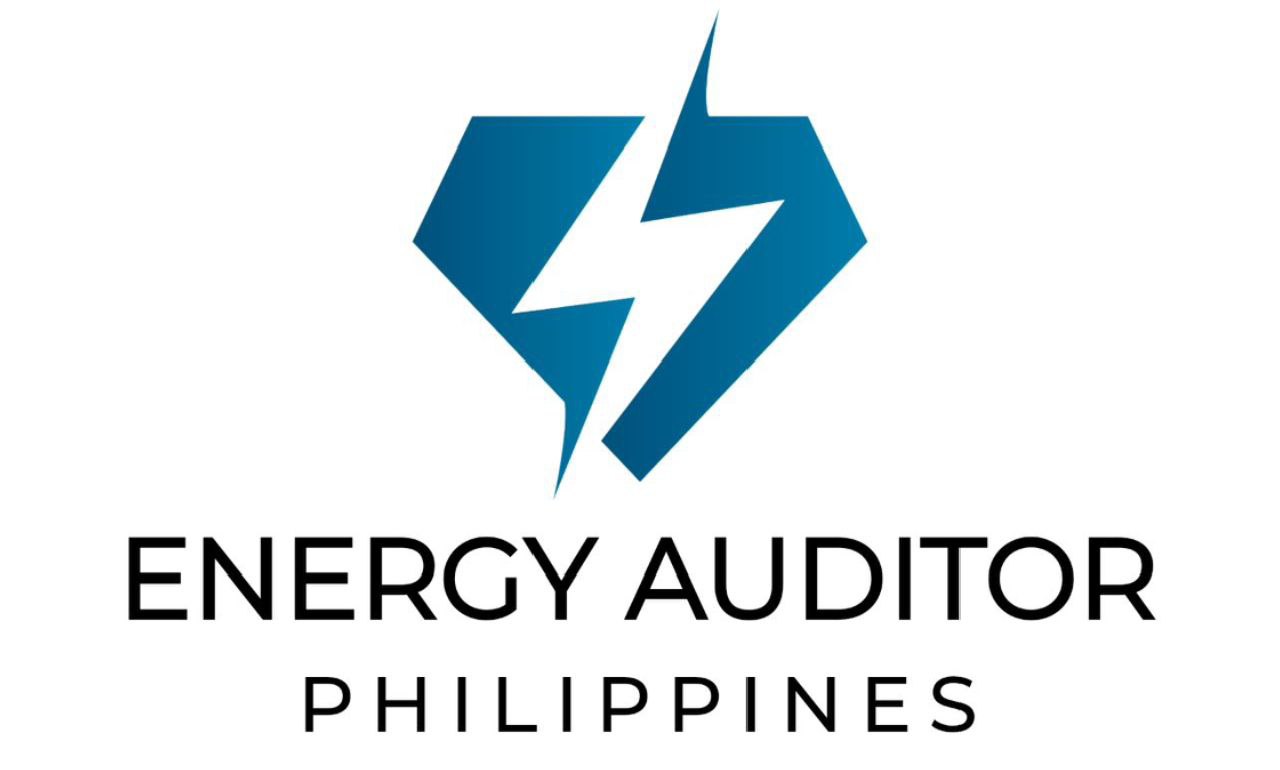The Energy Efficiency and Conservation Act (Republic Act No. 11285 or RA11285) is a landmark legislation in the Philippines aimed at promoting sustainable energy practices. Its provisions are particularly significant for the commercial, industrial, and transport (CIT) sectors, as they account for a substantial portion of the country’s energy consumption. This post delves into the key aspects of RA11285 and its implications for these industries.
Key Provisions of RA11285
- Designated Establishments (DEs)
RA11285 categorizes establishments into Designated Establishments (DEs), requiring compliance based on annual energy consumption thresholds. DEs are further classified into Single Address and Consolidated DEs, ensuring comprehensive coverage of energy use across sectors. - Mandatory Reporting
- Annual Energy Efficiency and Conservation Report (AEECR): Documents energy-saving measures, targets, and initiatives.
- Annual Energy Utilization Report (AEUR): Tracks energy consumption, including electricity, steam, and fuel usage.
- Energy Audits
DEs must conduct energy audits every three years, providing critical data for the Department of Energy (DOE) to develop energy efficiency benchmarks. - Energy Efficiency Practitioners
Establishments must engage certified Energy Managers, Conservation Officers, and Auditors to guide compliance and foster an energy-efficient culture. - Building Energy Index (BEI) and Energy Usage Index (EUI)
Metrics like BEI (energy consumption per square meter) and EUI (energy used per unit of production) are emphasized for assessing efficiency in commercial and industrial activities.
Implications for the CIT Sectors
- Commercial Sector
Businesses must integrate energy management systems into operations, adopt practices aligned with ISO 50001 standards, and report energy performance through DOE’s online submission portal. - Industrial Sector
Manufacturers must identify Significant Energy Use (SEU) areas, focusing on improving efficiency per unit output. This aligns energy use with productivity, incentivizing sustainable growth. - Transport Sector
Transportation companies are encouraged to enhance fleet fuel efficiency via metrics such as Vehicle Fuel Efficiency (VFE) and Fleet Fuel Efficiency (FFE). RA11285 also supports the Electric Vehicle Industry Development Act (EVIDA), advancing electric vehicle adoption.
Compliance Challenges and Opportunities
While compliance may seem daunting, RA11285 offers long-term benefits:
- Reduced Operational Costs: Efficient energy use lowers utility expenses.
- Environmental Impact: Mitigating carbon emissions contributes to sustainability goals.
- Competitive Advantage: Energy-conscious businesses appeal to eco-minded consumers and investors.
However, challenges such as high upfront costs for energy-efficient technologies and the need for specialized expertise must be addressed. The DOE offers support through guidelines, training, and recognition programs like the Energy Efficiency Excellence Awards.
RA11285 represents a crucial step towards a sustainable energy future for the Philippines. The commercial, industrial, and transport sectors are at the forefront of this transformation, and their proactive compliance will play a pivotal role in the success of this initiative. By embracing the act’s provisions, businesses not only ensure compliance but also contribute to a greener and more resilient economy.









































